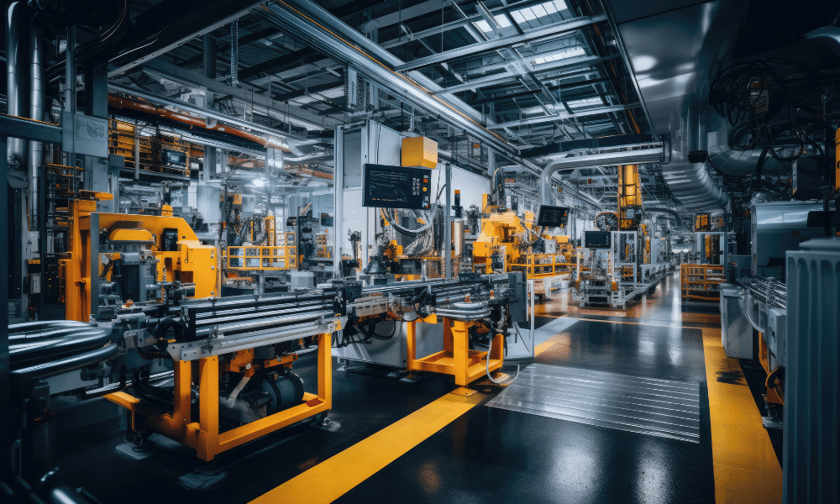

Sustainability has emerged as a leading business opportunity for manufacturers as they increasingly adopt smart technologies to improve production efficiency and reduce environmental impact, according to the latest Global Manufacturing Risk Report from Willis, a WTW business.
The report found that 63% of respondents identified sustainable manufacturing as one of their greatest opportunities, suggesting that many firms are seeking to use environmental goals as a lever for growth. The findings are based on a survey of 400 senior manufacturing decision-makers across multiple global markets.
Garret Gaughan, head of direct and facultative at Willis, said the traditional perception of sustainability as a cost burden is shifting.
“Being green is often seen more as a cost and a burden than a profitable business proposition, but our survey suggests that perception is changing,” he said. “As manufacturers adopt smart technologies to drive greener, safer and more efficient production, they are not only reducing their environmental footprint but also strengthening their competitive edge.”
The report also noted a more cautious outlook amid geopolitical pressures. Around 75% of respondents said trade disputes and protectionism were among their top geopolitical concerns, with rising political instability contributing to uncertainty for global supply chains.
These findings echo broader industry warnings, including from Marsh’s Political Risk Report 2025, which flagged the increasing risk of acute supply chain disruption caused by escalating trade barriers and sanctions.
Manufacturers, according to WTW, now face a growing list of complex risks—from cyber threats and regulatory scrutiny to labour shortages and energy price volatility. With greater attention from regulators and stakeholders on production methods, carbon output and waste management, companies are reassessing their long-term risk strategies.
The report calls for a proactive approach to managing emerging threats, including diversifying supply sources, investing in cybersecurity and advocating for more stable trade environments. Businesses are also being urged to integrate scenario planning into risk frameworks as a way to navigate political fragmentation and regulatory shifts.
WTW’s findings suggest that while the global manufacturing landscape is undergoing significant change, firms that align sustainability with business strategy may be better positioned to manage risk and build resilience over the long term.
